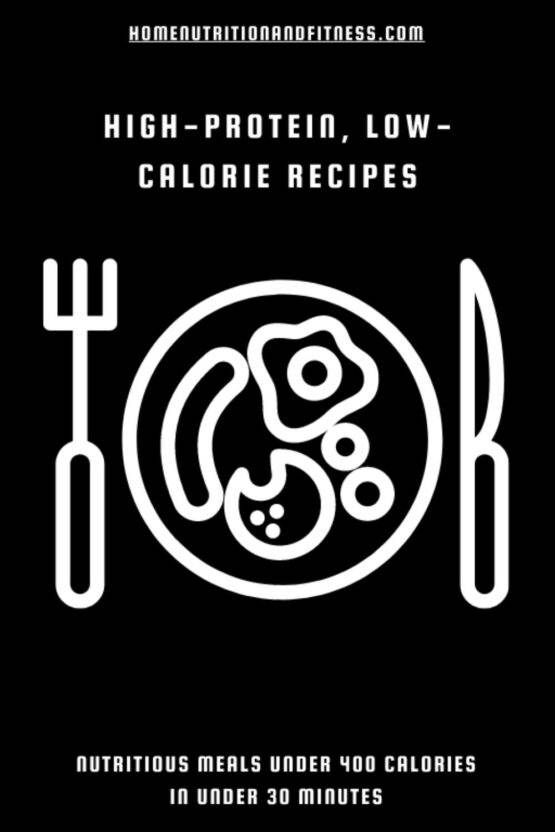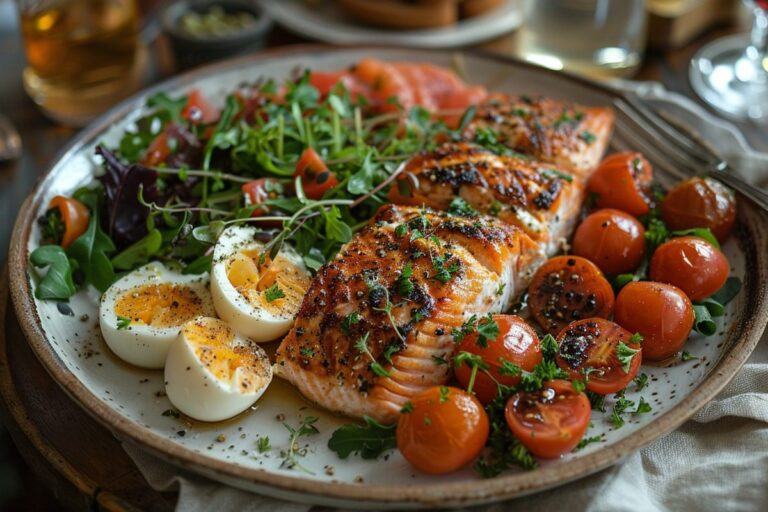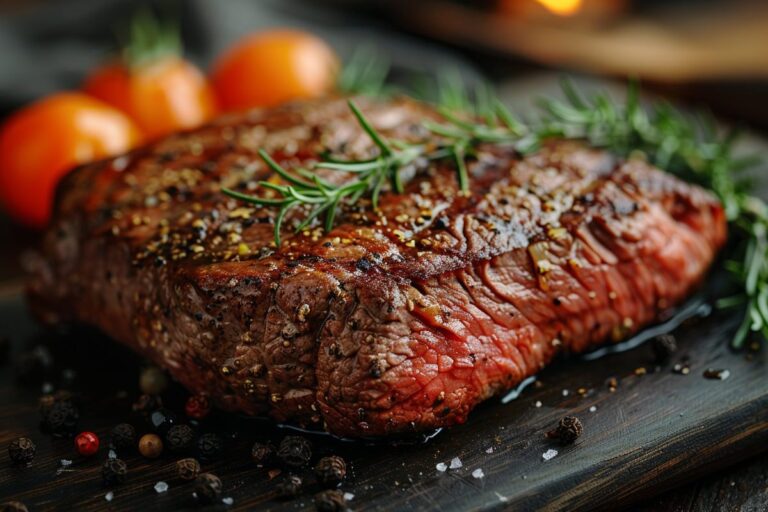Are you finding it challenging to lose weight? You’re not alone in this struggle. Many people worldwide are working towards shedding those extra pounds.
In this article, we’ll provide you with eight practical tips to help you reach your weight loss objectives. These tips are backed by scientific research, ensuring a healthy and sustainable approach to losing weight.
By following these tips, you can embark on a journey towards a healthier and more confident version of yourself.
Change Your Diet
One of the key steps to losing weight is adjusting your diet. This doesn’t involve extreme diets or starving yourself.
Instead, focus on making small changes to what you eat. Opt for healthier choices like fruits, veggies, and lean proteins.
It’s important to limit processed foods, sugary drinks, and unhealthy fats. Although these treats are tempting, they can contribute to weight gain over time.
To support weight loss, maintain a balanced and nutritious diet that fulfills your body’s needs.
Explore the Option of Fat-Burning Supplements
If you’ve struggled with weight loss attempts, weight loss pills could be an option to consider.
According to experts at SFGate, these pills aim to help you lose weight by boosting metabolism, curbing appetite, and increasing energy levels.
These pills can aid in burning more fat and calories. However, it’s crucial to be cautious in selecting a weight loss pill due to many counterfeit products available.
To ensure you’re choosing a reliable product, conduct thorough research and purchase fat-burning supplements only from reputable sources.
Reading reviews, seeking recommendations, and consulting your doctor can help you find the right pill for your needs.
Maintain a Consistent Workout Routine
Regular exercise is essential for weight loss as it helps in burning calories and fat while boosting metabolism.
Having a high metabolism means burning more calories even at rest and can also improve overall health by reducing stress.
The most effective way to lose weight is by combining cardiovascular activities like running, swimming, or cycling with strength training exercises such as weightlifting.
It’s important not to focus solely on one type of exercise and neglect the other, but rather create a balanced workout routine that includes both.
This promotes a well-rounded approach to weight loss and fitness.
Always Start Your Day with a Healthy Breakfast
Skipping breakfast is a common mistake when trying to lose weight. Breakfast is crucial as it kickstarts your metabolism and provides the energy needed for the day ahead.
Research shows that those who eat breakfast daily are more likely to successfully lose weight.
To support weight loss, ensure you have a nutritious breakfast consisting of protein and healthy fats. This will help you feel full until lunchtime.
Good breakfast options include eggs, oatmeal, fruit, yoghurt, or a healthy smoothie. By never skipping breakfast, you set yourself up for a successful weight loss journey.
Ensure Sufficient Rest
Getting enough sleep is crucial for weight loss.
When you skimp on sleep, your body doesn’t have adequate time to repair itself, which can lead to an increase in stress hormones that promote weight gain.
To support weight loss efforts, aim for at least seven hours of sleep each night.
Establishing a consistent bedtime routine can help you achieve this goal and promote better sleep quality.
Creating a relaxing pre-sleep routine and sticking to it can enhance your chances of getting the necessary rest.
If you struggle with sleep, consider using sleep aids or implementing sleep hygiene practices for improved sleep patterns.
Stay Hydrated
Water plays a crucial role in weight loss by enhancing your metabolism and maintaining hydration levels.
Consuming eight glasses of water daily supports optimal body function for effective weight loss.
Adding lemon to water can aid in weight loss, while green tea is known to boost metabolism.
To stay hydrated, include water-rich foods like cucumbers and tomatoes in your diet.
Intermittent Fasting
Intermittent fasting is an effective weight loss method that involves cycling between fasting and eating periods. During fasting, the body taps into stored energy, aiding fat burning.
Popular approaches include the 16/8 method (fasting for 16 hours and eating within an 8-hour window) and the five-two diet (regular eating for five days and calorie restriction for two).
More intense methods like the warrior diet require longer fasting periods. Experiment with these variations to find what works best for you.
Incorporate Fibre-Rich Foods into Your Diet
Fiber is crucial for weight loss as it promotes fullness and regulates digestion. High-fiber foods like fruits, veggies, and whole grains help prevent overeating.
Aim for 25 grams of fiber daily through foods such as beans, lentils, and quinoa, as well as fruits like raspberries and vegetables like broccoli.
Consider including Colonbroom fiber supplements in your routine to meet your fiber needs and support digestive health with natural ingredients like psyllium husk. This combination can aid in regular bowel movements and overall digestive wellness.
Key Takeaways
Achieving weight loss involves various factors, but these eight tips can set you on the right path.
Establish a balanced diet and exercise routine. Also, stay hydrated and prioritize sufficient sleep.
Consider incorporating intermittent fasting and high-fiber foods into your plan. By following these strategies consistently, you can make significant progress towards your weight loss objectives efficiently.
Drinking water is crucial for weight loss as it boosts metabolism and maintains hydration.
Aim for eight glasses daily to support your body functions effectively.
Adding lemon to water or drinking green tea can also help with weight loss. Including water-rich foods like cucumbers and tomatoes in your diet can keep you hydrated too.







